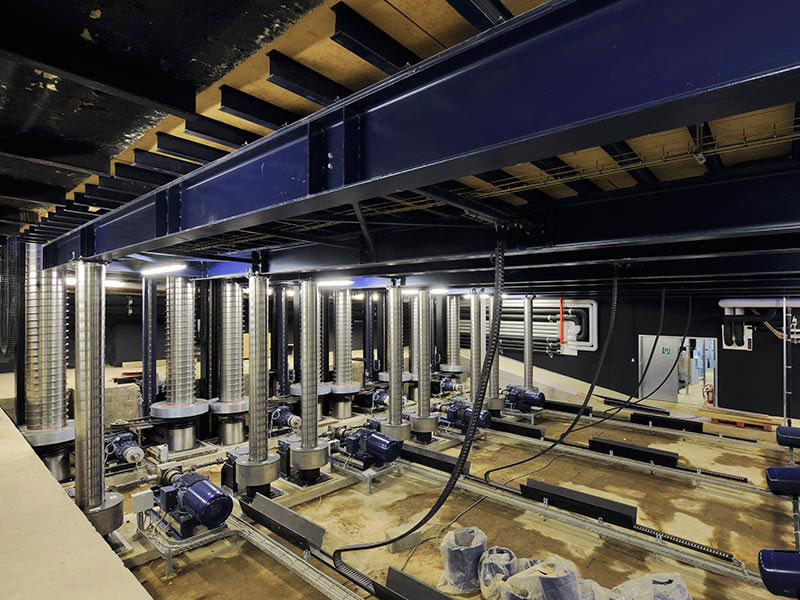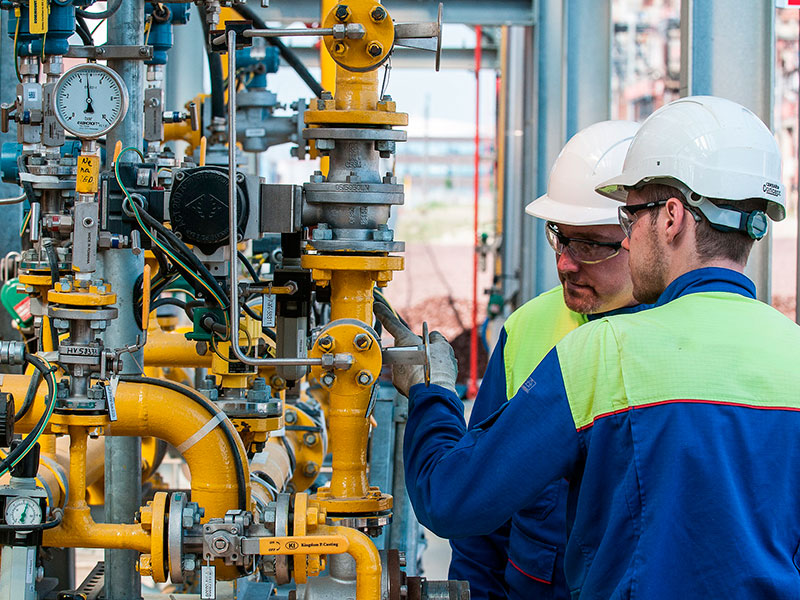The AIEB is a professional association that aims
-
to develop and to promote the techniques which are directly connected with the work of electromechanical engineers and contractors
-
to promote the training and the development of skilled workers at every level
-
to analize and to defend the profesional interest of its members
History
The AIEB was set up in Belgium in 1974 by 5 founding members. Their aim was to group together the most important general contractors in the electrical installation sector.
In 1992, to be more representative the Association was registrated under the statute of a non-profit association.
In 2004, the Association extended its scope of activity to the field of electromechanics (including HVAC).

Members
The AIEB (Association des Installateurs Electromécaniciens Belges) represents 23 companies in Belgium with a total of about 15000 employees. This Association accounts for a turnover of around 3.000 million Euros from electromechanical installation activities and it therefore covers almost 50% of this sector’s business in Belgium.
Activity Sectors
The AIEB is highly diversified. Its many and extremely varied interests include, for example, the industrial sector, buildings and real estate, the public and the private infrastructure, energy production and distribution, telecommunications, environmental technology, transport and the media, and many others.
Priorities
The AIEB’s main priorities are: to increase the visibility of the Association, to promote the application of technique specific lots in public procurement, to address the problem of labour shortages, to ensure the representativeness of joint industrial committees, to monitor Belgian and European legislation (eg the qualification of contractors) , to analyze the economical cycle. The Association attaches great importance to safety, quality, ethics and environment.

Activities
-
Bi-monthly meetings
- Information exchange forum and meeting-place
- Round table discussions on current economic trends with bi-annual survey of the situation
- Reporting from other professional Associations
- Follow-up of the working groups
-
Working groups (examples)
- Corporate Social Responsability
- Annual meetings with Public Infrastructure decision makers in both Regions
- Practical implementation of new regulations
- Contractual clauses - Indirect damage
-
Organization of events and of technical visits
-
Representation in other organisations that uphold the interests of our profession
-
Meetings with our international colleagues
-
Annual survey of safety and absenteeism results